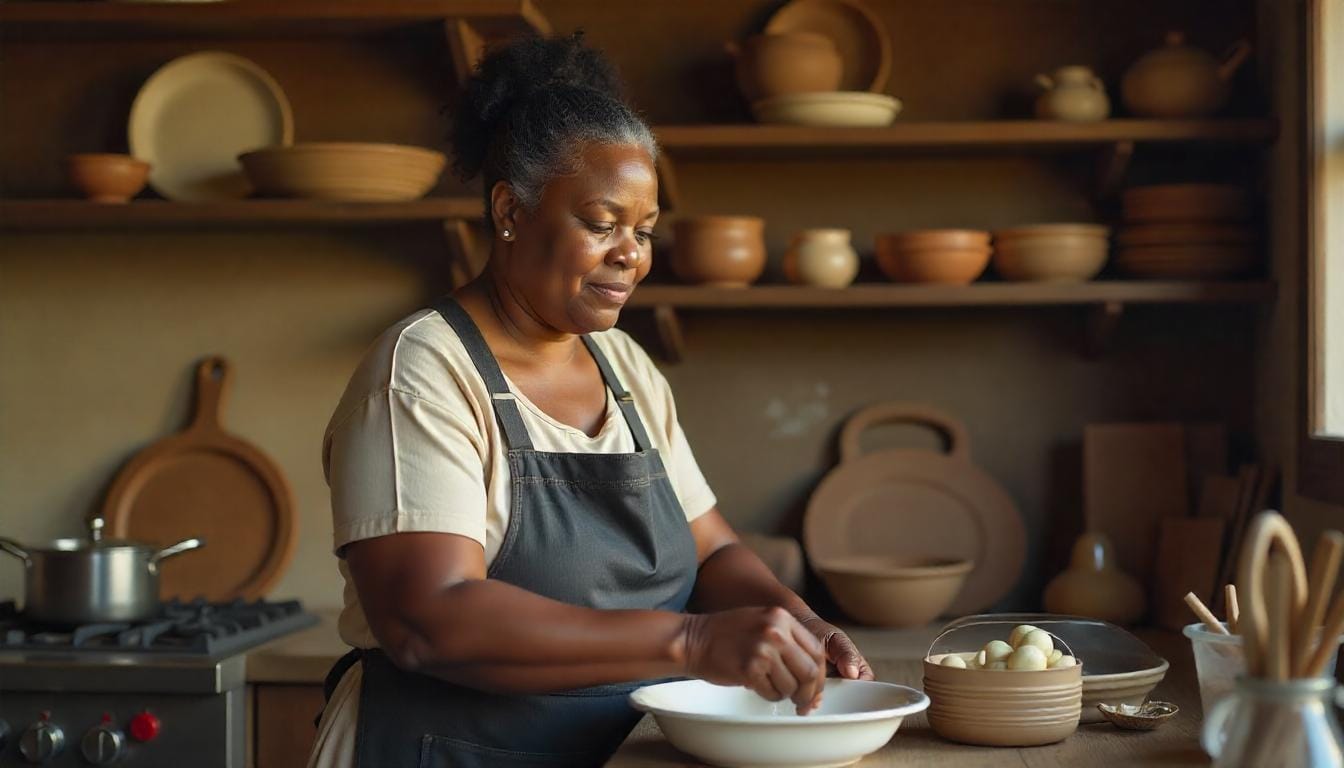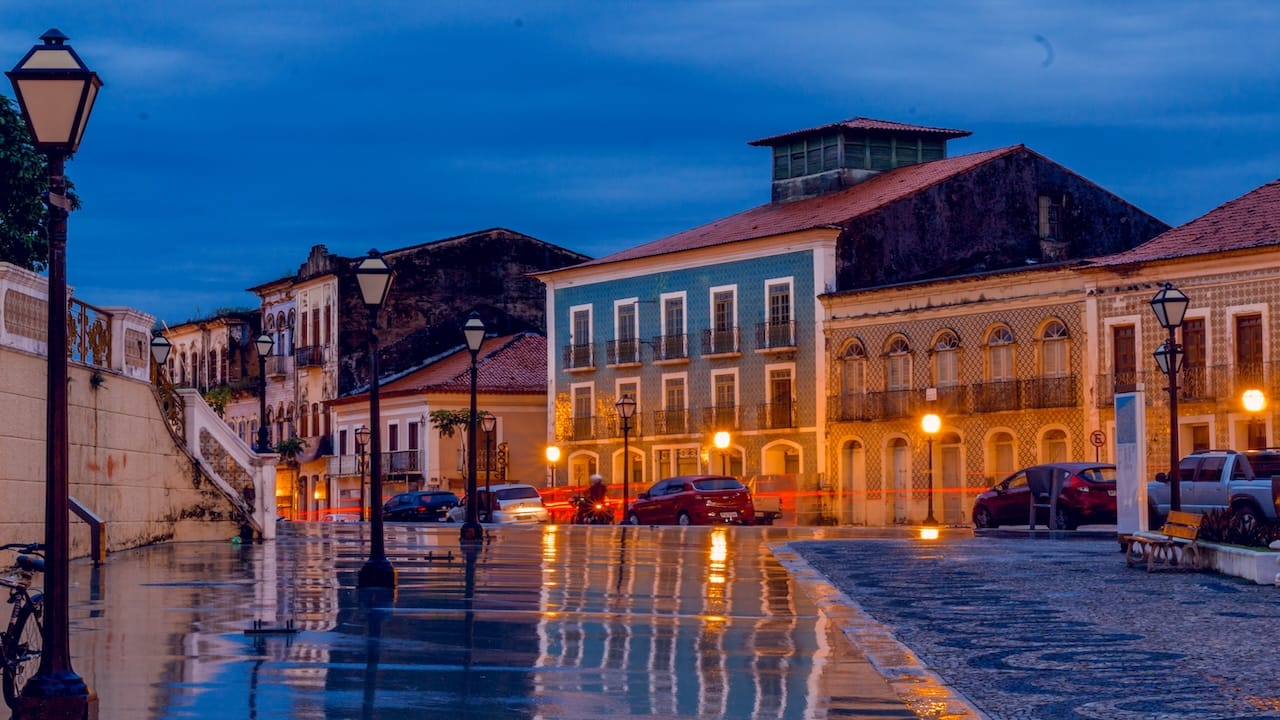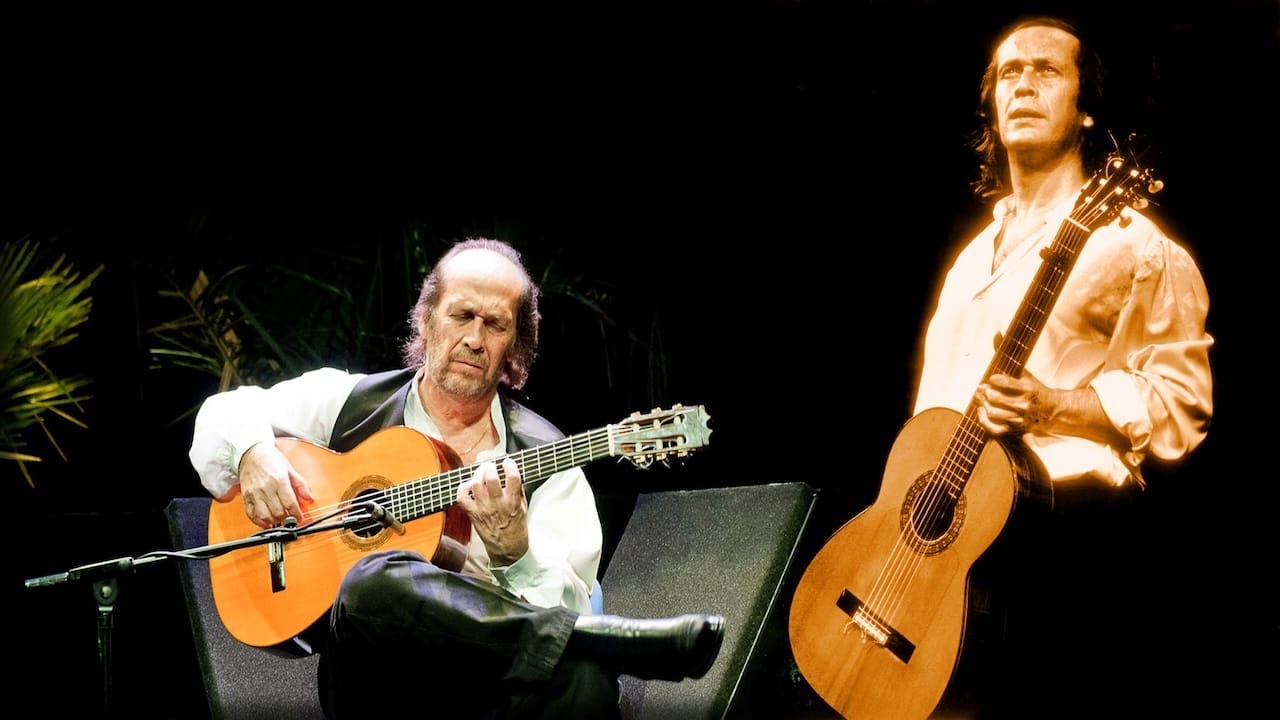The music of each place
My work as a musician gives me the opportunity to get to know some countries, on some continents. And as is natural in the way we humans organize our thinking, we establish “knowledge” of these places by comparison: we organize the memories of the observations we make, comparing them with memories of observations of other places and times. This is how we learn and remember: by analogy.
And since I’m a musician, among the cultural traits that are at the forefront of my observation of places, clearly the music of each place is of particular interest to me, and I focus on it or on it first. The sounds of each place always tell me a lot about cognitive constructions, the choices and attitudes made in relation to the social fabric, the relationship with nature, the way the world is seen.
In this text I intend to address the increasing difficulty I feel in getting to know the expressions of musicality of each people, and the relationship this has with the cultural industry, and in particular the recording industry, its “preferences” and the way this relates to local productions of art and culture, and the forms of survival of the artistic populations of each place.
Unusual nuisances
I’m going to start this reflection with a personal story that I find quite unusual, almost exotic.
Everywhere I go, it’s almost “obligatory” to have “background music” in all public spaces (bars, restaurants, bus stations, airports…), which is almost invariably rock, almost always American…
So I was in Italy, more precisely in Genoa, and I had an appointment in Milan, where my wife Elení and I would be playing (and we did) at the Casa de Cultura “Art Mall”, a house that is a bar, an art gallery and a concert hall! A spectacle! Milan is about a two-hour drive from Genoa, and given the time and transportation options available, we decided to go by cab.
As soon as we got into the car, the driver, as happens everywhere, started “Rock”, Beatles, if I’m not mistaken. As it was like this everywhere, I told the conductor straight away: my friend, you don’t have any Italian music to play, leave it quiet, because when I want to hear the Beatles, I’m going to Liverpool!”
The driver (Marcelo), who was very nice, was startled and replied: “Sir, I don’t have Italian music here, but I do have Genoese music… Is that all right?”. I shouted: “But that’s exactly what I want!”
And then another world, another universe of possibilities opened up for me, for us! Marcelo played “Creuza di Má”, by Fabrízio De Andrè, an Italian (Genoese) composer who recorded an album with this name in the Ligurian dialectal language, “Genoese”! An enchanting song, which I would never have had access to if I hadn’t refused the obvious. My wife and I included that song, and many others by “Fabber” (Fabrízio De Andrè’s nickname) in our repertoire. All because we’ve “stepped out of the ordinary”, what for us as a society has become more than normal, it’s become “expected”, even “desired”…
The journey from Genoa to Milan was short. I’ve listened to that same song many times, as well as several others on the album. A delight!
Before anyone says the obvious: of course I like the Beatles. But I’m sure that World Music isn’t just about them. Or “Rock’n Roll”. And it can’t only be sung in English! But if anyone goes to a public school and asks a child to draw musical instruments, surely more than 80% will draw guitars, basses, drums, keyboards… A stupefying pasteurization of the immense universe of human musical possibilities.
Art and culture that unite and distinguish
So we’ve come to the central point of this discussion, and I’ll make a point based on this particular experience, but which has been repeated many times, with variations in geopositioning, intensity and nomenclature.
The more I observe the world facing the most vicious and bloodthirsty wars, the most violent and unpredictable environmental crises, the most sordid and unjust social dramas, the greater my conviction that the mode of production we use, based on profit, is insane and dangerous, and could lead us to “self-extinction”
And it also seems obvious to me that what applies to “natural laws” (the climate, the environment) also applies to the cultural environment in which we are inserted, and which we have difficulty observing, like fish that can’t perceive, classify, explain “the water” in which they live…
Over decades of intense advertising, the music industry has built up this notion of “normality”, and has established that “it’s all about personal taste” when it comes to the facets of art produced by us humans that are presented to the general public. Profit as the only measure has given a cultural and social construction the appearance of being “natural”… Thus, it is “natural” for young people (or those who feel young) to like rock music, and to consume, produce and broadcast this music as a “natural” movement in society.
And just as in the “world of nature” the consequences of “profit at any cost” can be a threat to the survival of the human species on the planet, I believe that this homogenization of artistic perception has accumulated damage to the most diverse layers of the human psyche, without us realizing the “extent of the damage” yet…
Today, if one of us goes to Portugal, Senegal, Italy, Bombay or Tokyo, when we enter a commercial establishment (supermarket, petrol station, restaurant, bakery…) we’ll probably hear the same Beatle(s) mentioned above, or some other “fast-food product” from the music industry (almost always in English, almost always Rock).
Valuing local culture, local food, local solutions…
As stated above, I don’t believe that either the problem or the solutions are only applicable to one sphere of everyday life, in this “profit” perspective that has been imposed on us. I strongly believe that the path to saving the planet as a home compatible with our lives is the twin sister of the strategies we must establish to create a favourable environment for artistic creation and enjoyment, and passes through the same path, which is ultimately, to quote the honourable Paulo Freire: “the humanization of our relationships”.

Yes, because when profit is above all else, it is also above people, their needs and abilities, their dreams and hopes.
In fact, you only have to look closely at the world we live in, where people go hungry even though there is so much food, where forests are destroyed even though there are technological solutions to create all our needs, where so many people have nowhere to live even though we have so many empty houses, to realize that the course needs to be corrected.
And the Culture route is essential. Our freedom will only be complete when we can fully exercise our creative processes.















